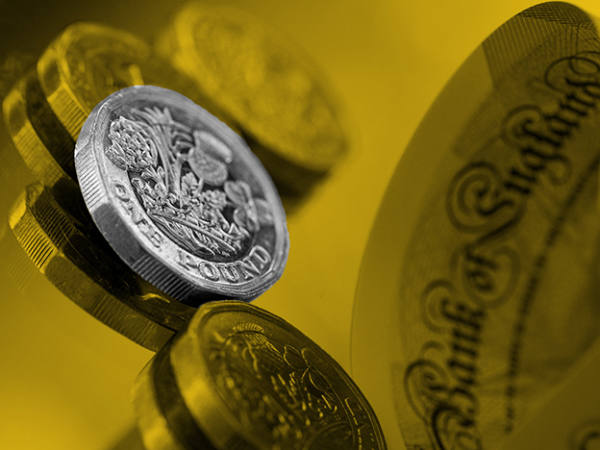- Who has filled the role of Dame Vera Lynn to raise our morale during the pandemic?
- The changing way we consume music might have altered its ability to boost us in troubled times
In the past year, many parallels have been drawn between the coronavirus pandemic and wartime. Supermarkets have been compared to the front line, the NHS to the army, and those in lockdown to the home front. But who is filling the role of Vera Lynn? What rousing anthem is there to spur on the fight? On which bluebirds should we pin our hopes for a brighter tomorrow?
One music hero – who’s comparison with the army’s sweetheart is unexpected though not unreasonable – is Bob Dylan. Although he has been assuring journalists since the 1950s that he is "not a topical artist", Dylan’s music has fought in several battles on the global stage. During the Vietnam War, he made contributions to both protestors and the soldiers themselves via The Freewheelin' Bob Dylan. The album contrasts the hard-hitting anthem Masters of War with one his most recognised songs of soft desperation, in which he famously asks: ‘How many times must the cannonballs fly / Before they're forever banned?’. Many veterans cited the quiet interludes of strumming to Bob or listening to his songs on the radio, as invaluable reminders of home and happiness amidst the chaos.
In the ongoing war against racism Dylan has made a number of offerings, perhaps his most notable being Hurricane released in 1976. The song tells the true story of boxer Rubin ‘Huricane’ Carter, who was falsely tried and convicted of triple murder in 1966. And in his latest album, Dylan’s lyrics continue to point blame on American justice. In June 2020, Dylanites were delighted by the release of Rough and Rowdy Ways, with some experiencing the album as a saving grace during tedious Covid restrictions. Yet the album evokes a stark question of rest of the music industry: must we rely on a 79-year-old writing songs about the assassination of JFK, to bring vibrancy into our current Covid-riddled lives?
Music’s only attempts to capture any kind of collective spirit have been Lowkey Fk 2020 (which lost all effect on New Year’s Day), and a duet from two of the industry’s most irate artists – Ariana Grande and Justin Bieber – titled Stuck with you (which makes us all grateful not to have spent lockdown with them). And here lies part of the problem. Thanks to social media we know far too much about the personalities of musicians, to the extent that they are too easily critiqued. Lockdown caused the public’s alienation from artists who posted on social media about Covid-19 being the ‘great equaliser’ alongside images of them poolside in one of their mansions.
Unfortunately, in the cut-throat arena of mass consumption, social media is an essential and inescapable force for turning musicians into marketable brands. This is a far cry from Dylan’s constant reinvention of persona from folk singer, to rockstar, to poet (to name a few). His versatility was captured by the film I’m Not There in which he was portrayed by Christian Bale, Heath Ledger, Richard Gere, Ben Whishaw, Cate Blanchett and Marcus Carl Franklin.
Another stark contrast lies in the consumption of modern music. While Dylan’s earlier albums were bought by queuing outside a record store, thanks to a vast array of music streaming services, most music can be listened to in an instant. Spotify (US:SPOT) is currently the largest of these services, with 96m subscribers and 170m users overall. While the role of YouTube as a music service is complicated by cat videos, the Google-owned company claims that over 1.5bn people use the site every month, and many of them click on at least one music video. Its music revenue relies largely on advertising, and the company is lagging on premium subscribers with only 30m to date. When it comes to technology, Apple (US:AAPL) tends to make itself heard. Its music streaming service has seen consistent growth and, thanks to an aggressive marketing strategy, now boasts 72m subscribers.
Such a commercialised industry has lost sight of the important role it plays in society. Music is partly defined as the expression of emotion and never is emotion so collectively felt as during a global crisis. It seems unlikely that the current array of artists, aside from an increasingly croaky Dylan, has the potential to produce an anthem to lift our spirits during the pandemic. Our only option is to hark back to the time where music was produced out of passion and consumed as treasure. It should therefore not come as a surprise that UK vinyl sales increased 10 per cent in 2020 and have grown for the 15th consecutive year in the US.
We are living in a rather terrifying world of uncertainty, but among the chaos there is something immensely comforting about watching a black disc rotate determinedly telling us that the answer is blowin’ in the wind.











